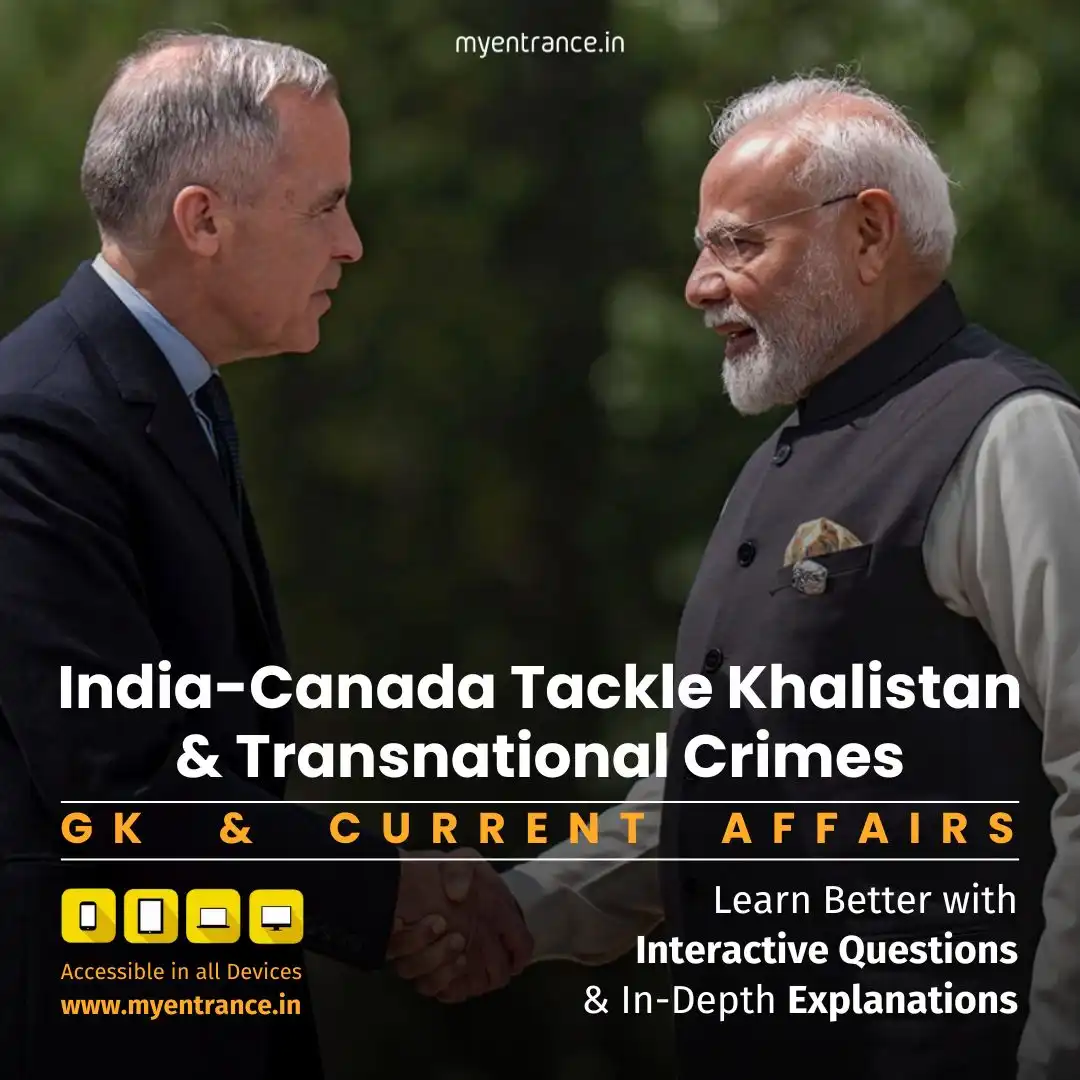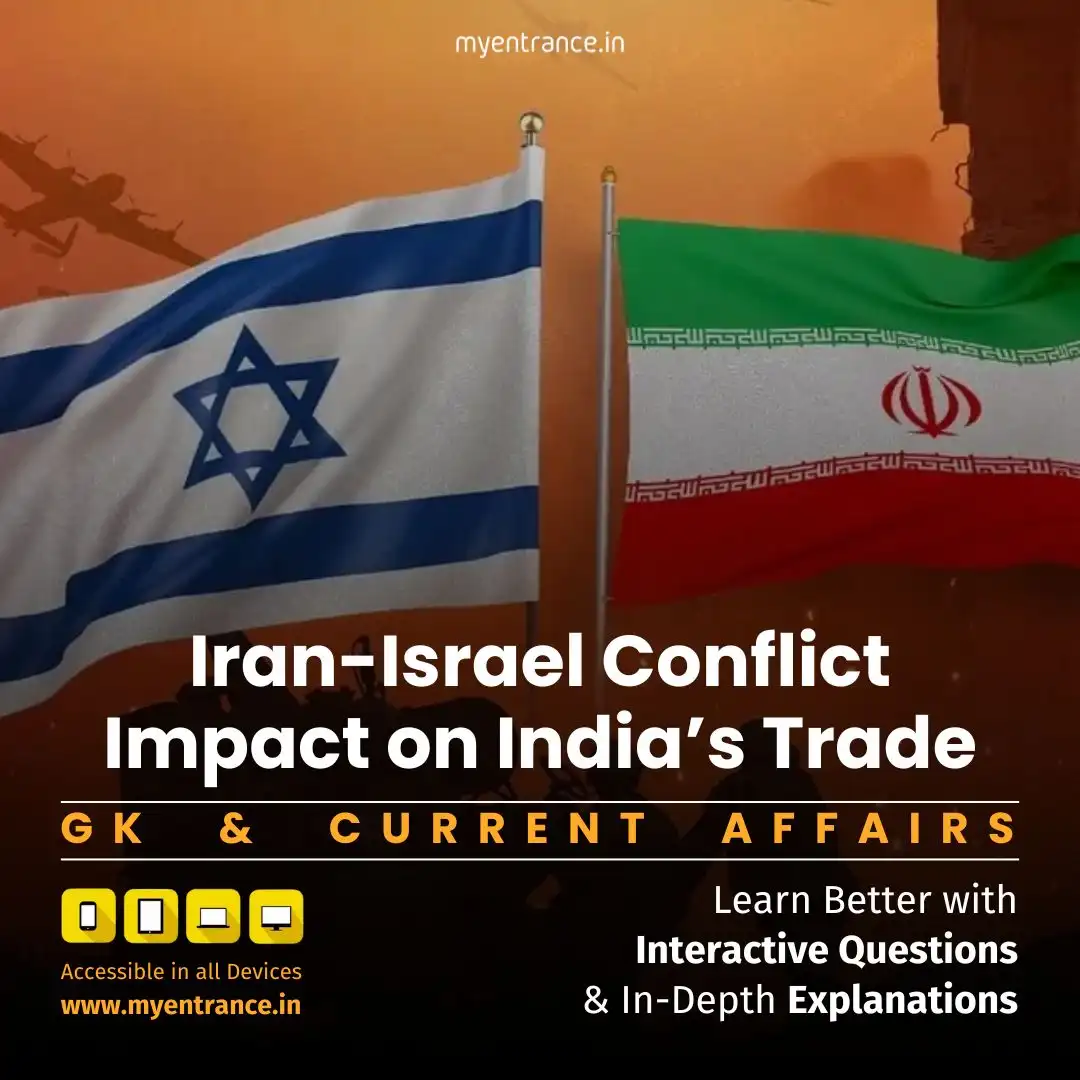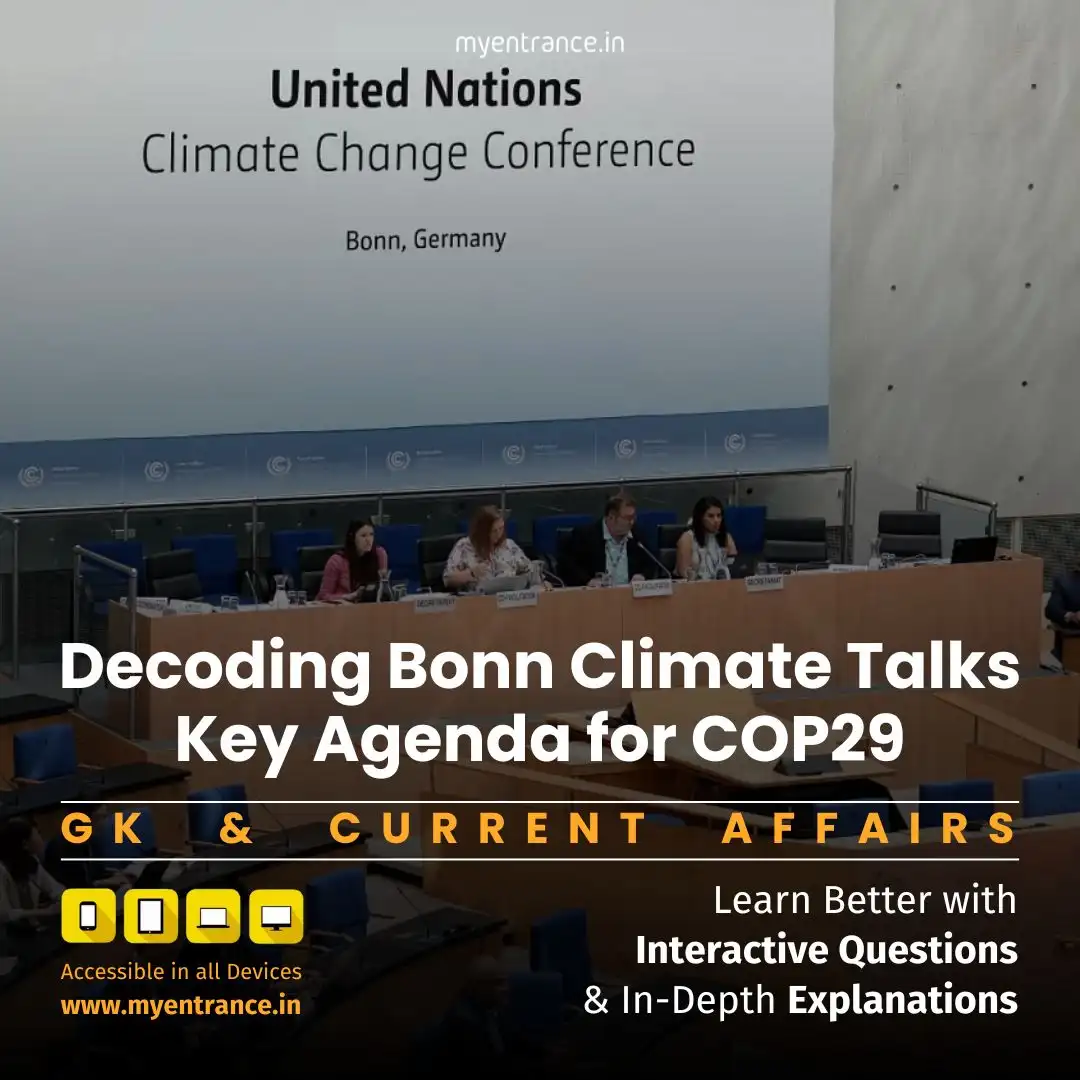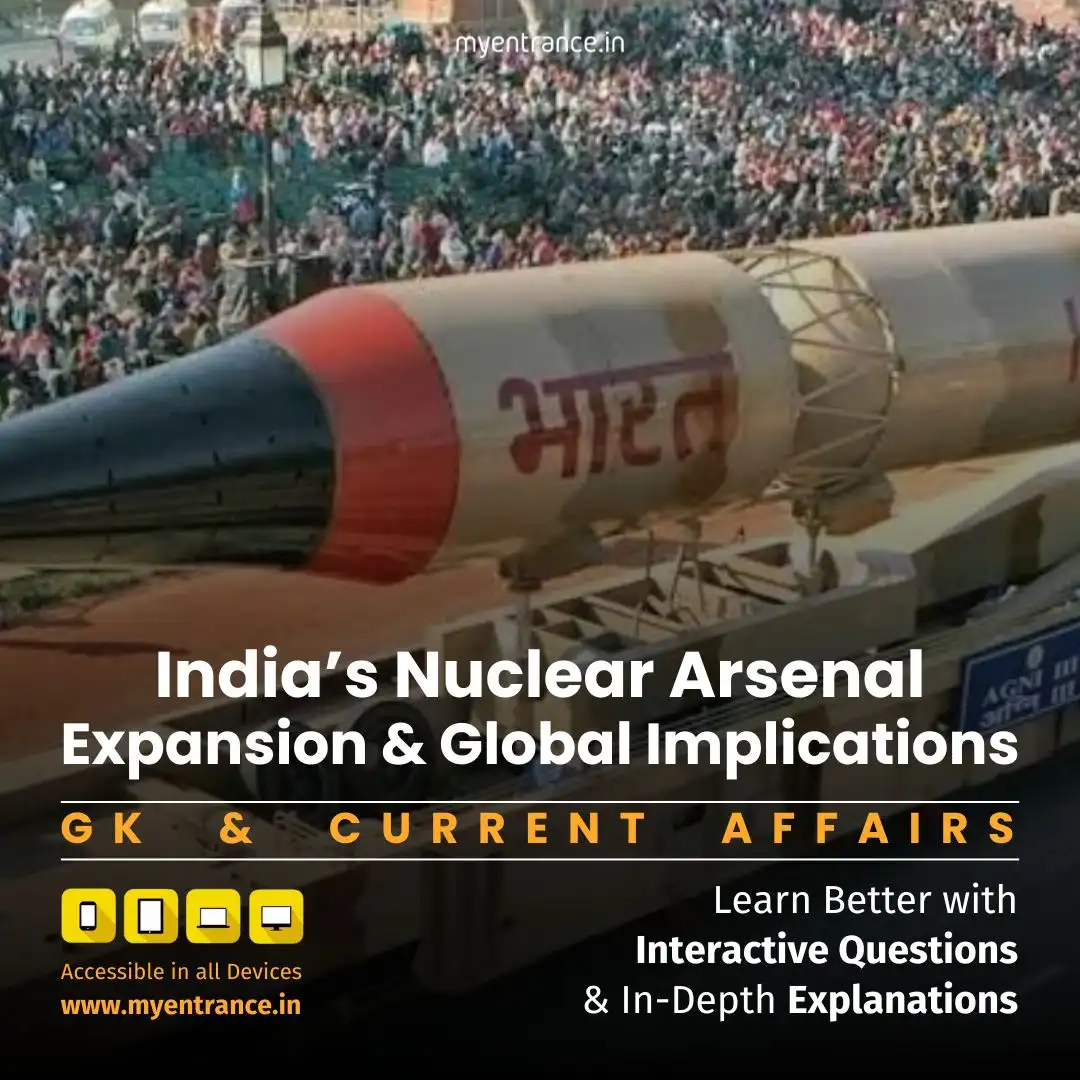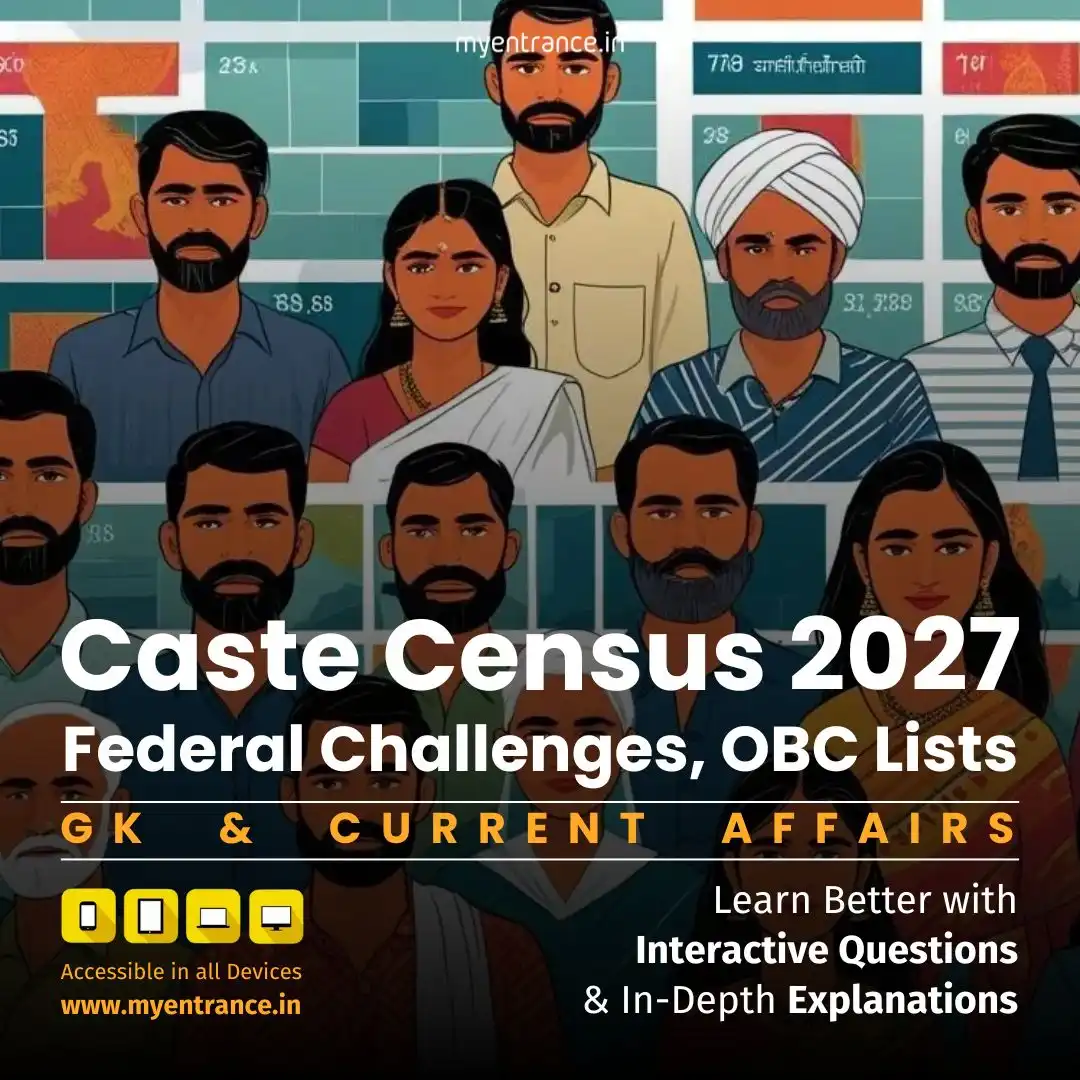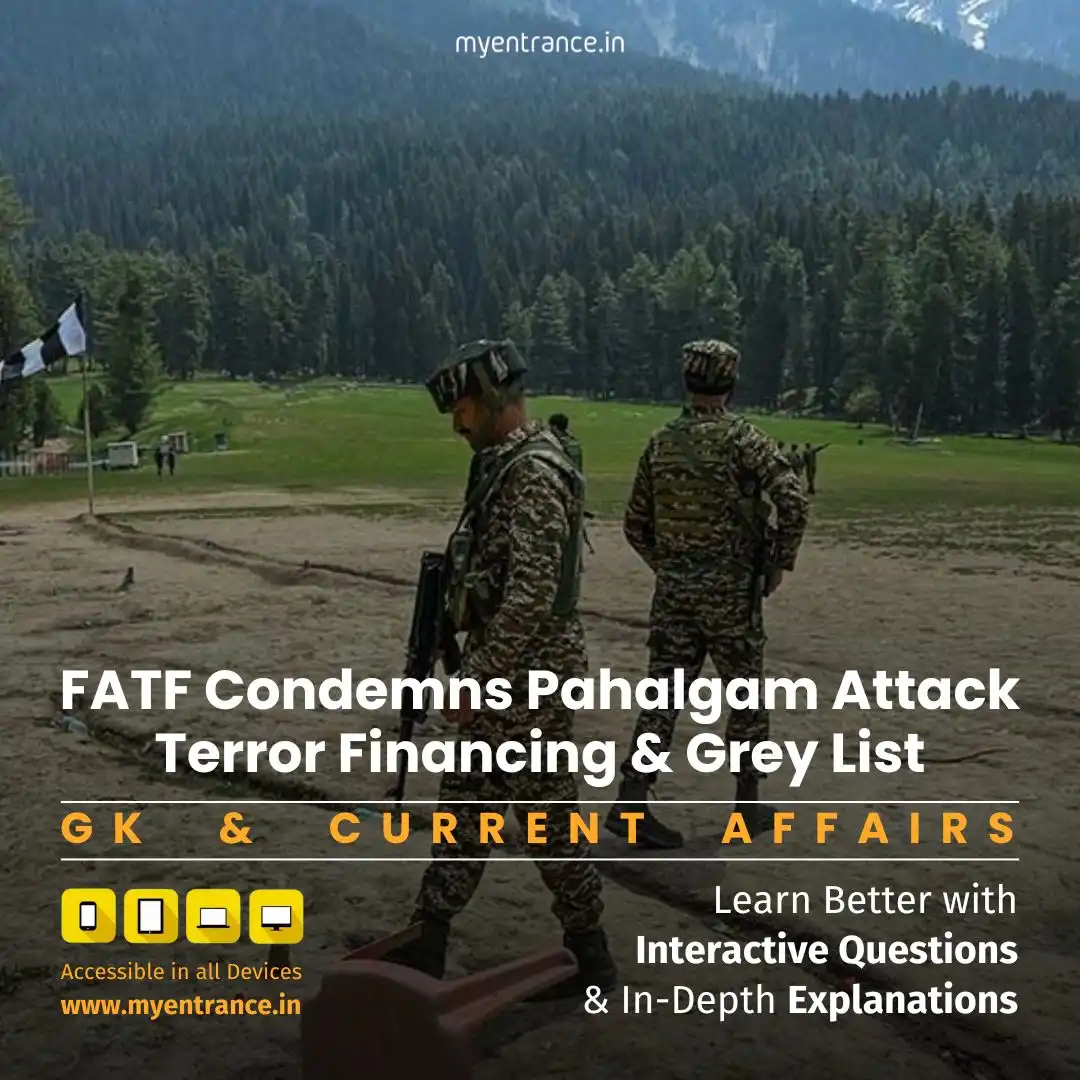Select Language
Khalistan, Security & Trade: India-Canada Relations Explained
India and Canada are negotiating a joint mechanism to address transnational crimes and Khalistan extremism, aiming to repair strained ties. This development holds significance for security, diplomacy, and bilateral trade – key topics for competitive exams.
Why India-Canada Relations Matter for Exams
Recent efforts to reset India-Canada relations highlight critical themes like transnational security, Khalistan extremism, and diplomatic reciprocity. Understanding this context is vital for exams probing current affairs or India’s global partnerships.
The Nijjar Case: A Diplomatic Flashpoint
Ties nosedived in 2023 when Canada’s then-PM Justin Trudeau alleged Indian agents were “potentially” linked to the killing of Hardeep Singh Nijjar – a designated terrorist in India. Nijjar led the banned Khalistan Tiger Force and was accused of:
Plotting attacks on Indian diplomats.
Running arms and drug trafficking networks from Canada.
India dismissed the allegations as “absurd,” countering that Canada shelters anti-India extremists.
Khalistan Movement: Roots & Canada’s Role
The Khalistan movement seeks a separatist Sikh state in Punjab. Key historical triggers include:
1984 Operation Blue Star and anti-Sikh riots.
Assassination of PM Indira Gandhi.
Canada hosts a large Sikh diaspora (770,000+), making it a hub for Khalistan activism. Indian officials accuse Canada of overlooking extremists due to:
Electoral politics: Sikh votes sway key Canadian constituencies.
Legal loopholes: Free speech protections shield radical rhetoric.
Transnational Crimes: Why a Joint Group Matters
The proposed India-Canada working group aims to:
Share intelligence on terrorism, narcotics, and trafficking.
Isolate security talks from the Nijjar judicial process.
Address India’s concerns about Khalistan operatives using Canadian soil.
This is crucial as transnational crimes threaten both nations’ security and economic interests.
Trade Ties & Strategic Interests
Despite friction, economic ties persist:
Goods trade: $8.6 billion (2024).
Services trade: $14.3 billion (2024).
Canadian pension funds: Invested $75+ billion in India.
A trade agreement (EPTA) is under negotiation, highlighting mutual economic stakes.
Key Exam Takeaways
Diplomatic reset: PM Modi’s G7 visit (June 2024) signals thaw; new envoys likely.
Security dialogue: NIA-RCMP talks paved way for the joint crime group.
Principle of reciprocity: India insists Canada must curb anti-India activities for ties to normalize.
Sample Q&A (Current Affairs Focus):
Q: Who was Hardeep Singh Nijjar, and why is he central to India-Canada tensions?
A: Nijjar was a Canada-based Khalistan separatist leader designated a terrorist by India. Canada’s allegation of Indian involvement in his 2023 killing triggered a diplomatic crisis.
Q: What are India’s key accusations against Canada regarding Khalistan?
A: India alleges Canada provides a “safe haven” to Khalistan extremists, allowing radical rhetoric, funding, and threats to Indian diplomats from its soil.
Q: Define ‘transnational crimes’ in the India-Canada context.
A: Crimes spanning multiple countries, e.g., terrorism, drug trafficking, and arms smuggling – exemplified by Khalistan networks operating across borders.
Q: Why do Canadian politicians often engage with Khalistan supporters?
A: Sikh communities influence electoral outcomes in key Canadian provinces, incentivizing political outreach despite security concerns.
Q: What is the economic significance of India-Canada relations?
A: Bilateral trade exceeds $22 billion annually. Canada is a top investor in India via pension funds ($75B+), even amid political strains.
Most Predicted Questions
Comprehensive study materials, Expert-guided tips & tricks, Mock tests and instant results.
Start your SSC, NIFT, NID, FDDI, PSC journey today with MyEntrance, your ultimate online coaching platform.
